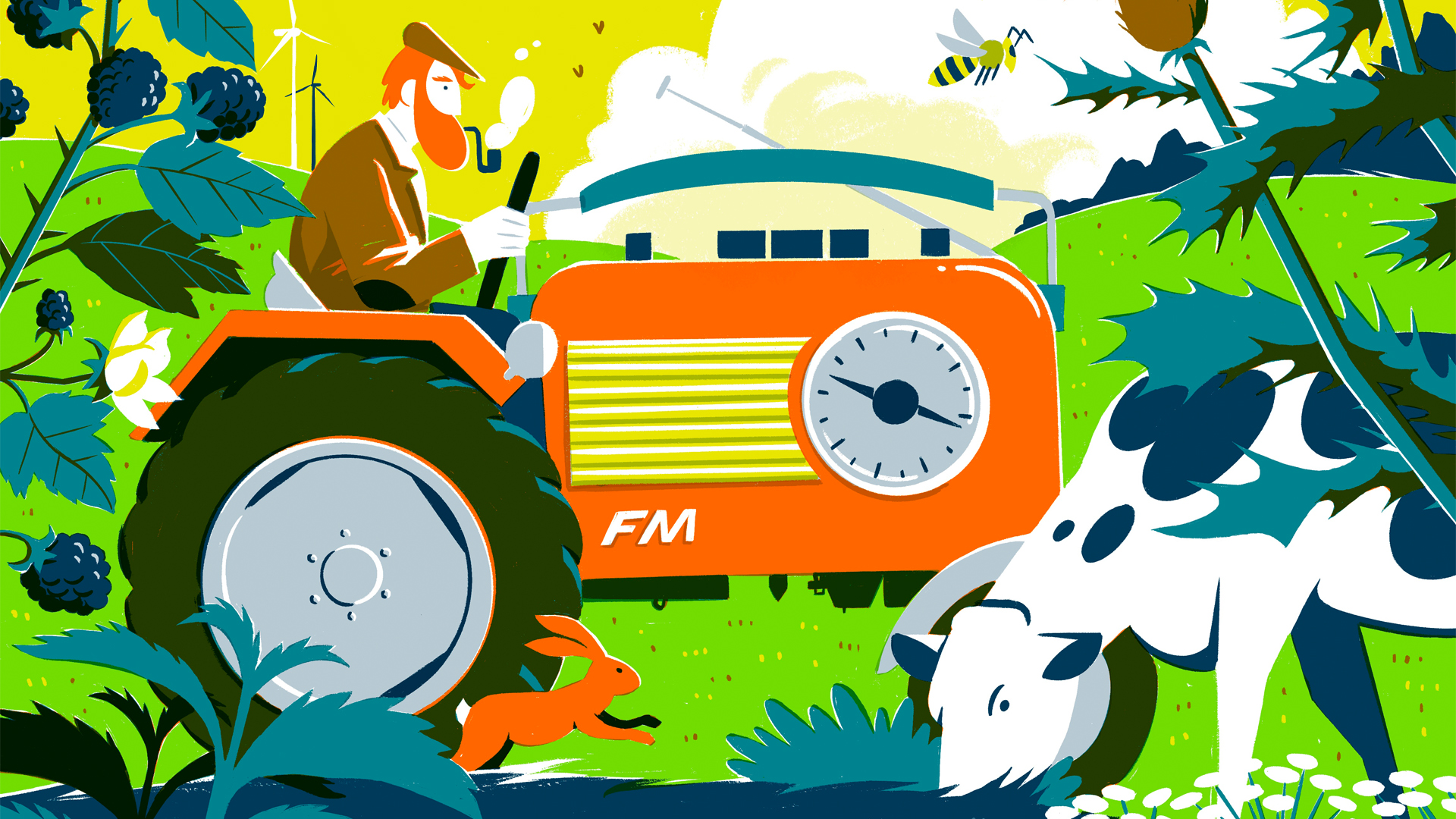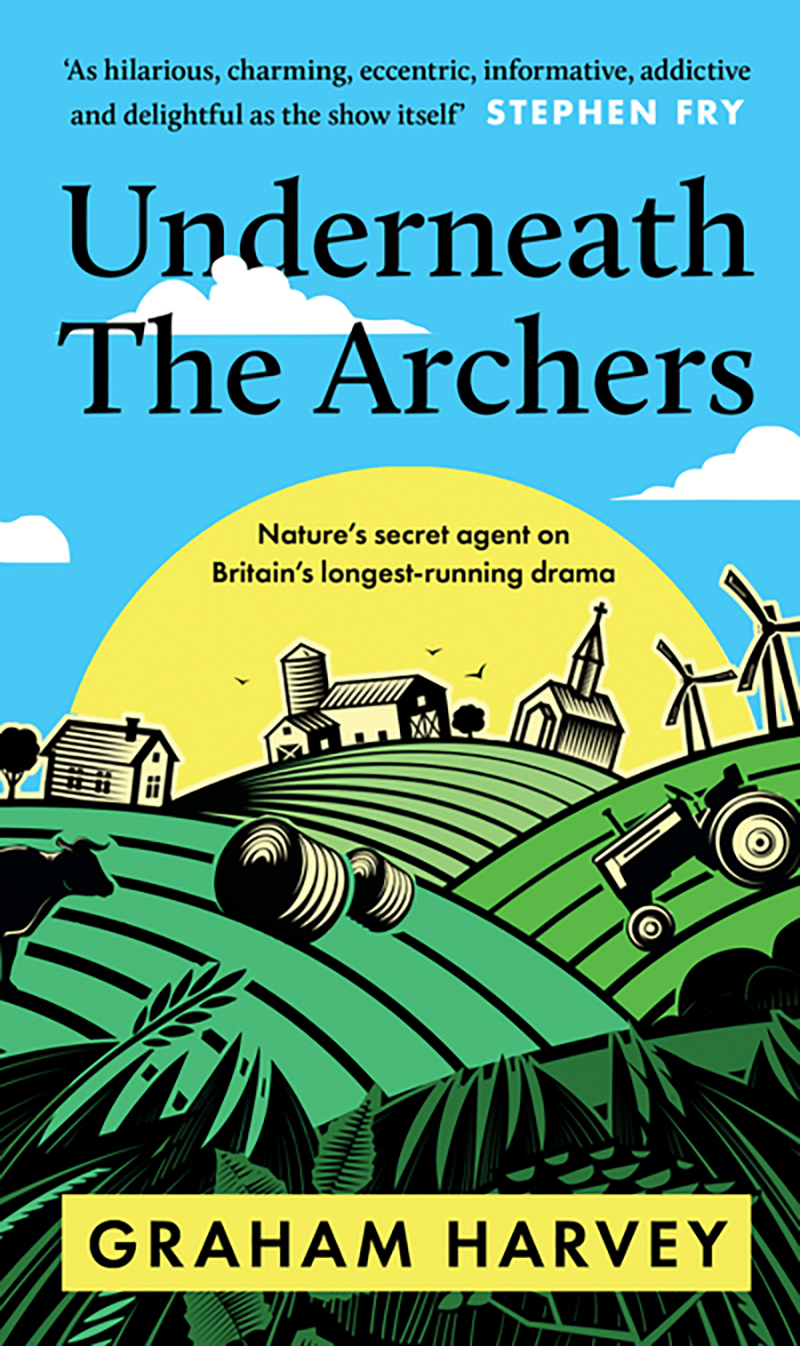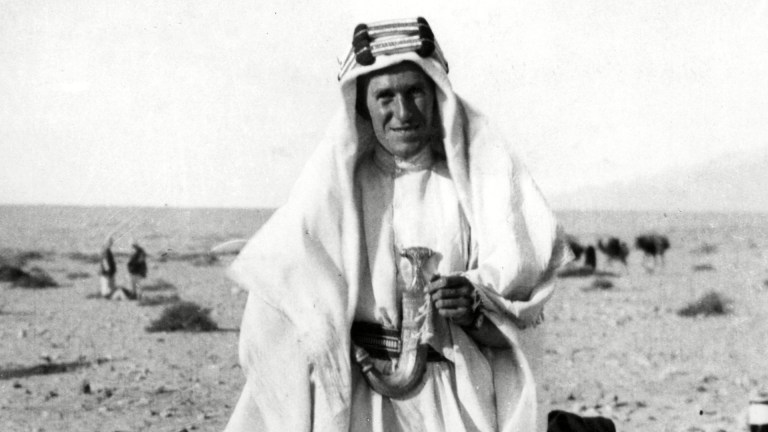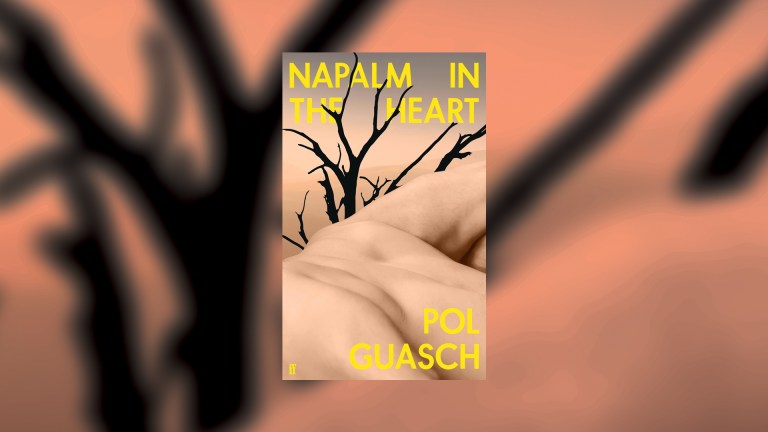It wasn’t the obvious launch pad for a social and environmental revolution – a vintage radio soap opera set in a sleepy English village. Yet when I landed a part-time job as a scriptwriter on The Archers in the ’80s, I soon learned this was a great way to sneak out messages on what I considered the biggest issue of the day – the takeover of our food and farming by large, unaccountable chemical companies.
I’d been working as a freelance farming journalist, so I’d witnessed first-hand the dramatic changes that were taking place in the countryside. I’d grown up in a world where our food mostly came from sustainable mixed farms, with pasture fields and grazing animals as well as food crops like wheat. Now animals were being concentrated in large, specialist farms while fields were being given over to continuous grain crops.
Get the latest news and insight into how the Big Issue magazine is made by signing up for the Inside Big Issue newsletter
Without grazing animals to keep the land fertile, farmers had to rely on chemical fertilisers and pesticides. It was a change that became known as the ‘green revolution’. In reality it was anything but green. Our food and farming had been hijacked by the agrochemical industry, whose products were destroying wildlife and contaminating our food. I didn’t think it was likely to end well.
For the next 34 years, as documented in my book Underneath the Archers, I made sure that, in my episodes at least, nature would feature strongly in Britain’s longest-running drama. I wrote scenes around badgers and beetle banks, barn owls and skylarks. I set scenes in hay meadows, harvest fields and woodland glades, where the sounds of bees and birdsong provided the mood music.
While I didn’t introduce organic farming to the show, I made sure that nature-friendly methods were regularly featured. For balance, I had to include counter arguments from one of our intensive chemical farmers, usually Brian Aldridge. This didn’t bother me. I was confident that so long as the issue was being aired, our listeners would at least be aware that a battle was going on for the soul of our countryside.










